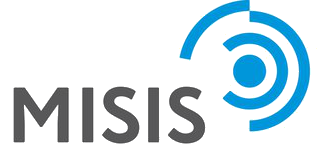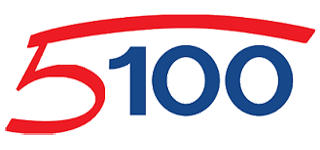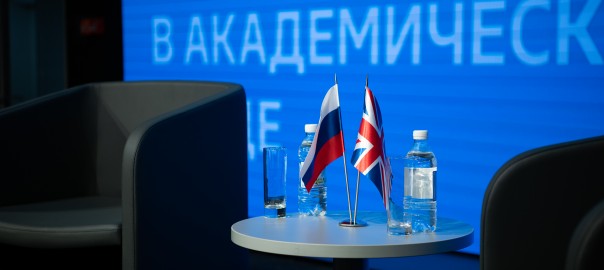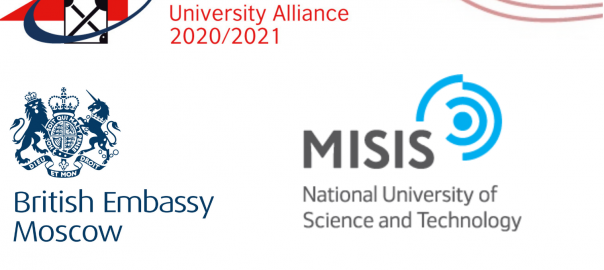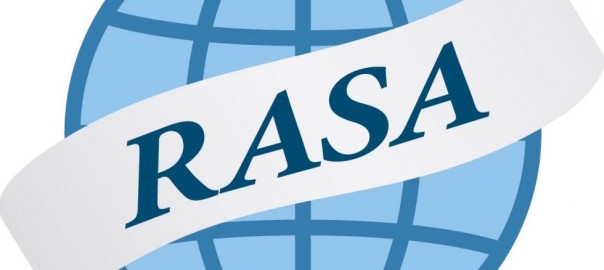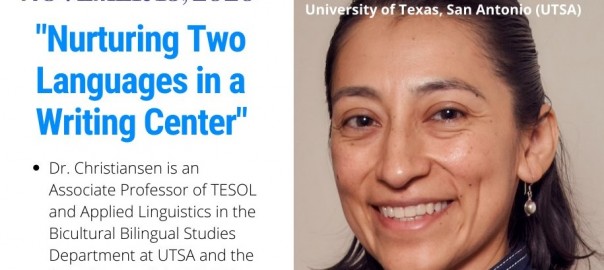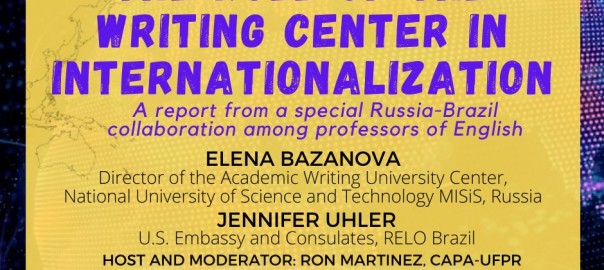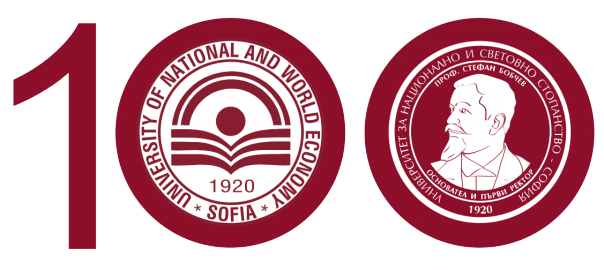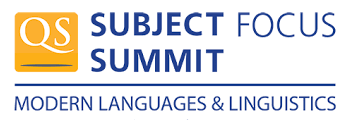The forum was attended by more than 200 people: world-class experts, representatives of senior management of higher educational institutions of more than 50 Russian and foreign universities, leading scientists from 5 countries, researchers, and students throughout Russia. The forum discussed the existing barriers to the advancement of women in the academic field and ways to overcome them. During the discussion panels, a number of key issues were discussed: the gender gap in science and technology education, the gender division of labor, the dynamics of future jobs, and the success stories of women in science. All speakers of the forum stressed in their speeches that barriers to promotion in the academic environment for women do exist. In this regard, the forum discussed the best practices for restoring gender balance in scientific and educational organizations.
“Gender equality is a linear ethical paradigm, in which no one thinks about the gender of his interlocutor, colleague, or manager. This is an opportunity to be a professional and not feel any artificial barriers. This is a confidence that our competencies, thoughts, and achievements will be noticed,” said Alevtina Chernikova, Rector of NUST “MISiS”, at the opening of the forum.
This forum is the first online forum within the framework of the UK-Russia University Alliance project. In total, it is planned to hold eight Russian-British events dedicated to a variety of topics: from issues of academic mobility of students to the problem of climate change.
The next forum, titled “Academic mobility (students/scientists)”, will be held on January 19, 2021.
See you at the next event!
